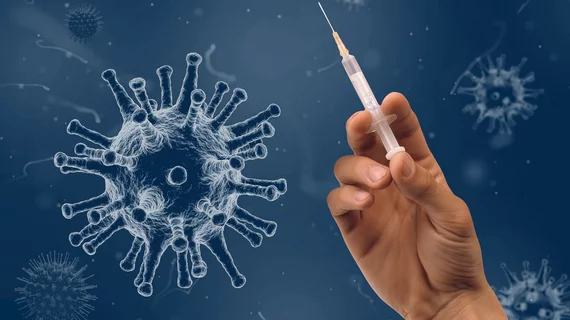FDA authorizes Pfizer COVID-19 booster for 12- to 15-year-olds
The Food and Drug Administration announced a handful of new actions Monday geared toward expanding the use of Pfizer’s COVID-19 booster shot.
Chief among the moves is authorizing a third dose of the Pfizer-BioNTech vaccine in 12- to 15-year-olds. The FDA expanded Pfizer booster shots to 16- and 17-year-olds in early December, citing omicron and new research as primary factors driving its decision.
The administration echoed similar points in its Jan. 3 announcement.
“Throughout the pandemic, as the virus that causes COVID-19 has continuously evolved, the need for the FDA to quickly adapt has meant using the best available science to make informed decisions with the health and safety of the American public in mind,” Acting FDA Commissioner Janet Woodcock, MD, said Monday.
Additionally, the administration said individuals must now only wait at least five months to receive their booster shot after completing their second dose, decreasing the wait time from six months.
The agency also authorized booster shots for certain immunocompromised children ages 5 to 11.
“With the current wave of the omicron variant, it’s critical that we continue to take effective, lifesaving preventative measures such as primary vaccination and boosters, mask wearing and social distancing in order to effectively fight COVID-19,” Woodcock added.
Read the full FDA announcement here.

